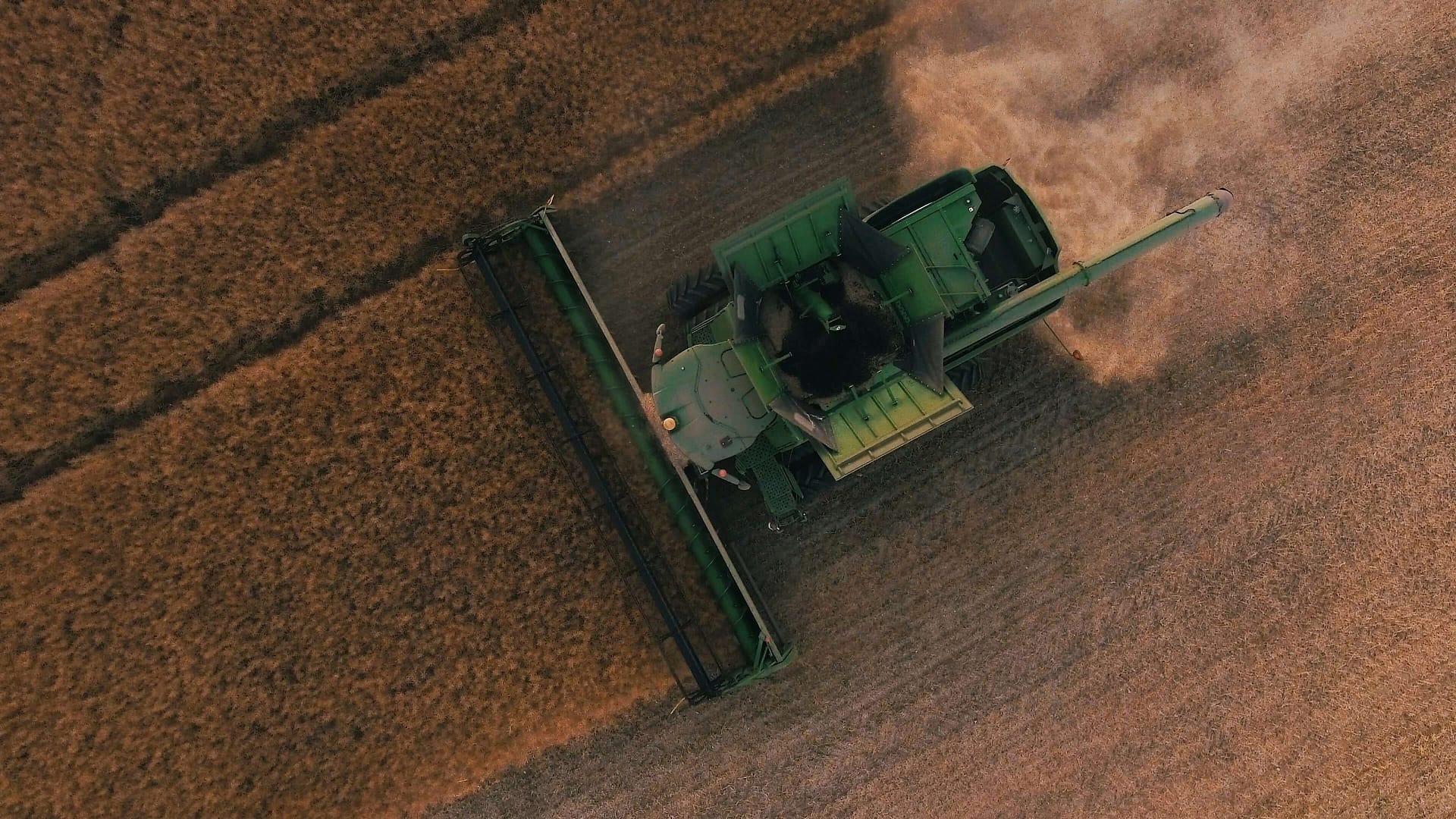The agricultural sector, a cornerstone of the UK economy, faces a unique set of workplace hazards that distinguish it from other industries. From the unpredictable forces of nature to the operation of heavy machinery, agricultural workers encounter risks that demand specialized safety measures. This comprehensive article delves into the multifaceted nature of these hazards, shedding light on the challenges faced by those who cultivate our land and provide our sustenance. We will also highlight how you can start an injury at work claim.
The Perils of Working with Animals
Working with animals is an integral part of agriculture, but it’s not without its risks. Livestock, while essential for food production, can exhibit unpredictable behaviours that pose threats to human safety. Bulls, for instance, are known for their aggressive tendencies and can inflict serious injuries or even fatalities. Similarly, horses, despite their domestication, can become startled and cause harm through kicks or trampling. Even seemingly docile animals like sheep and pigs can pose risks through bites or unexpected movements.
To mitigate these risks, agricultural workers need to be well-versed in animal handling techniques. Proper training in recognizing signs of agitation or aggression, using appropriate restraining methods, and maintaining a safe distance when necessary are crucial for preventing accidents. Additionally, providing adequate fencing and enclosures for livestock helps minimize the chances of unexpected interactions.
The Hidden Dangers of Zoonotic Diseases
Zoonotic diseases, those that can be transmitted between animals and humans, present a significant and often overlooked hazard in the agricultural sector. These diseases can range from relatively mild infections to severe and potentially life-threatening illnesses. Avian influenza, bovine tuberculosis, and Q fever are just a few examples of zoonotic diseases that can affect agricultural workers.
Prevention is key when it comes to zoonotic diseases. Regular health checkups for livestock, maintaining good hygiene practices, and using appropriate personal protective equipment (PPE) can significantly reduce the risk of transmission. Additionally, vaccination programs for both animals and workers can provide an added layer of protection against specific diseases.
The Heavy Machinery Hazard
Agriculture relies heavily on machinery to perform tasks efficiently. Tractors, harvesters, and other agricultural equipment are indispensable tools, but their size and power also make them potential sources of danger. Rollovers, entanglement in moving parts, and collisions are among the most common accidents involving agricultural machinery.
Operator training and adherence to safety protocols are paramount in preventing machinery-related accidents. Ensuring that equipment is well-maintained and equipped with safety features like rollover protection systems (ROPS) can also significantly reduce the risk of serious injuries or fatalities.
Chemical Exposure Concerns
Pesticides, herbicides, and other agricultural chemicals are widely used to protect crops and enhance yields. However, these chemicals can pose serious health risks to workers who handle them. Exposure to pesticides has been linked to a range of health problems, including respiratory issues, neurological disorders, and even cancer.
To minimize the risk of chemical exposure, agricultural workers should follow strict safety guidelines when handling and applying these substances. This includes using appropriate PPE, such as gloves, masks, and protective clothing, and adhering to recommended application rates and procedures. Regular training on the safe use of chemicals is also essential.
The Ergonomic Challenges of Agricultural Work
Agricultural work often involves repetitive tasks, awkward postures, and heavy lifting, all of which can contribute to musculoskeletal disorders (MSDs). Back pain, carpal tunnel syndrome, and tendonitis are just a few examples of MSDs that are prevalent among agricultural workers.
To address these ergonomic challenges, employers should implement measures to reduce the physical demands of agricultural work. This can include providing ergonomic tools and equipment, adjusting work schedules to allow for rest breaks, and promoting proper lifting techniques. Encouraging workers to report any signs of discomfort or pain early on can also help prevent minor issues from escalating into more serious problems.
The Mental Health Toll
While physical hazards are often the focus of workplace safety discussions, it’s important to recognize that agricultural work can also take a toll on mental health. The isolation of rural life, financial pressures, and the unpredictability of weather and markets can contribute to stress, anxiety, and depression among farmers and agricultural workers.
Creating a supportive work environment that promotes mental well-being is crucial. This can include providing access to counselling services, fostering open communication about mental health issues, and encouraging workers to take breaks and engage in activities that promote relaxation and stress reduction.
Making an Agricultural Accident Claim with National Claims
At National Claims, we understand that working in the agricultural sector comes with its own set of unique risks. If you’ve been injured in an accident on a farm or agricultural workplace – whether due to machinery malfunctions, animal interactions, chemical exposure, or any other hazard specific to this sector – our team is here to help. We specialise in helping victims of agricultural accidents navigate the claims process and secure the compensation they deserve.
Free Consultation
Let’s start with a free consultation to discuss the specifics of your case. We’ll listen to your experience and assess the circumstances of your accident. This allows us to give you initial advice on whether you have a strong claim, especially considering the complexities of agricultural work and the regulations surrounding it.
No Win, No Fee*
National Claims believes that access to justice shouldn’t be limited by financial worry. For this reason, we operate on a “No Win, No Fee” basis. You won’t pay any upfront legal fees. Our fees are dependent on whether your claim is successful, allowing you to pursue your case without undue financial stress.
*Customers pay up to 25% (incl. VAT) of the amount recovered towards solicitor costs and if you cancel outside your cooling off period, you may be charged a fee.
Contact us today to speak to one of our claims agents who will be able to help you get started on your claim.
Click below to see why we are one of the most trusted claims management companies in the UK.

We’re proud of our excellent customer reviews
We thrive on delivering exceptional service and ensuring our clients’ satisfaction. Don’t just take our word for it. Check out some of our independent reviews to see what our clients have to say.
Excellent

This firm is excellent, they sorted out my car pay out and injury claim very fast, they always communicate with you all the time.

My accident case was dealt with confidence and with great result of the outcome, especially James kept me informed all the time.

I was very impressed at the way my inquiry was treated. I was listened to attentively and everything I needed to know was explained to me.






